Climate change is not only the greatest environmental emergency of our time, but also an unprecedented human rights crisis. The burning of fossil fuels is killing people and damaging the environment. It has to stop.
It threatens a wide range of human rights, including the rights to water, health, and life itself. The climate crisis intensifies structural inequalities and discrimination. That’s why the global economy needs to move away from fossil fuels and towards renewable energy sources.
But this transition also risks causing harm to people’s human rights, as well as the environment, as it relies upon a massive increase in the mining of metals and minerals. If mining companies and their buyers continue these practices, they could deepen the human rights abuses experienced by front line communities, including Indigenous peoples and block the path to a truly just and sustainable future.
Now is the time to take action to ensure a truly clean and green energy transition, where respect for human rights is central.
What is the energy transition?
Industries and governments are already taking steps to transition to renewable energy.
Central to this shift away from fossil fuels is a massive increase in the use of rechargeable batteries to power electric vehicles and renewable energy storage units.
Cobalt, copper, nickel, and lithium are key components of rechargeable batteries that power electric cars and buses.
These batteries are also widely used to power electronic hand-held devices like mobile phones, laptops, cameras and power tools.
By 2030, to meet expected demand, the world is likely to need at least twice as much nickel, eight times as much manganese and ten times as much cobalt and lithium as is currently produced.
However, Amnesty International’s research has shown that the extraction of these raw materials threatens human rights.
States, corporations, investors, and consumers have an opportunity to commit to a renewable energy transition that truly protects and respects human rights and the environment.
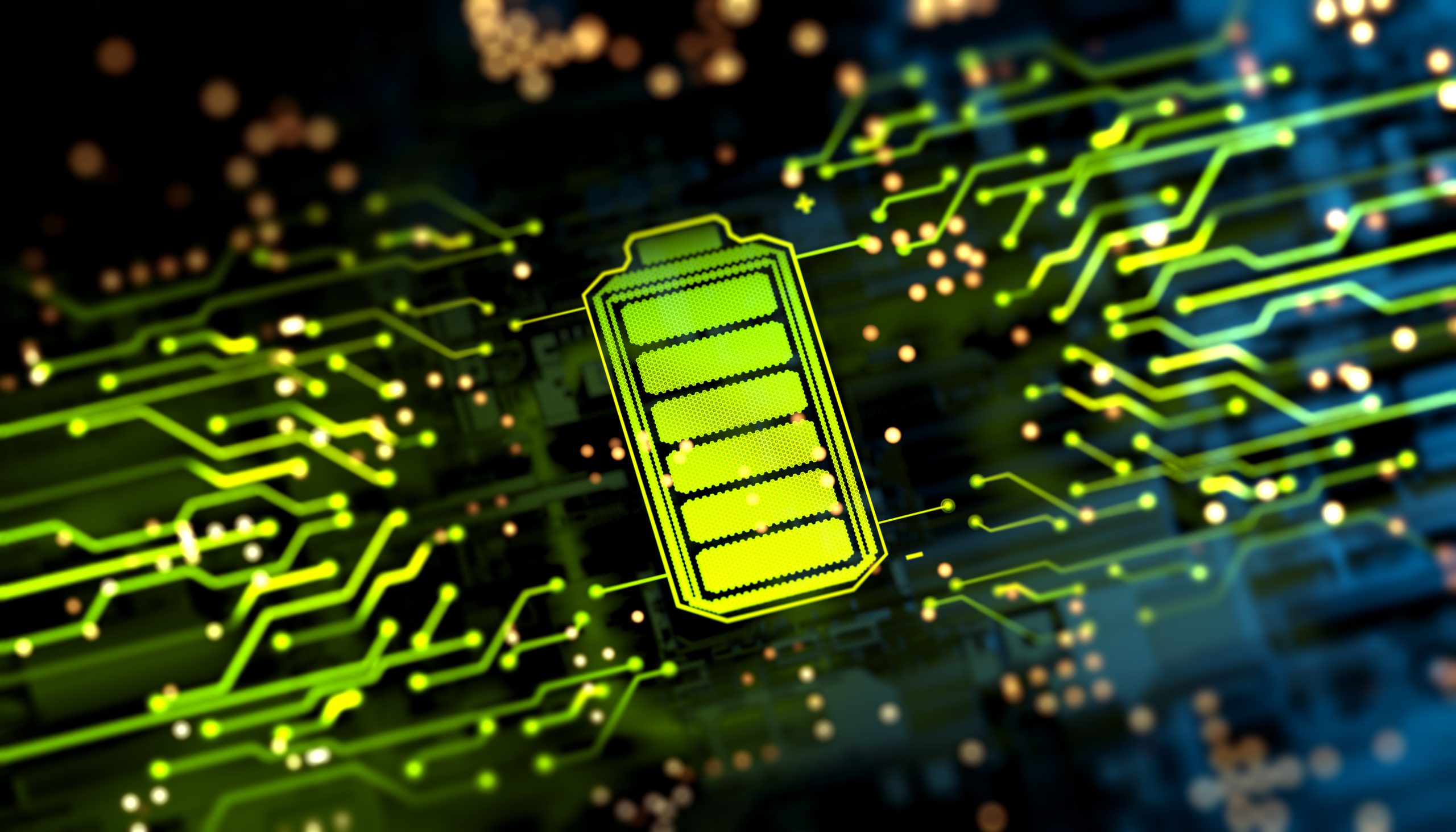
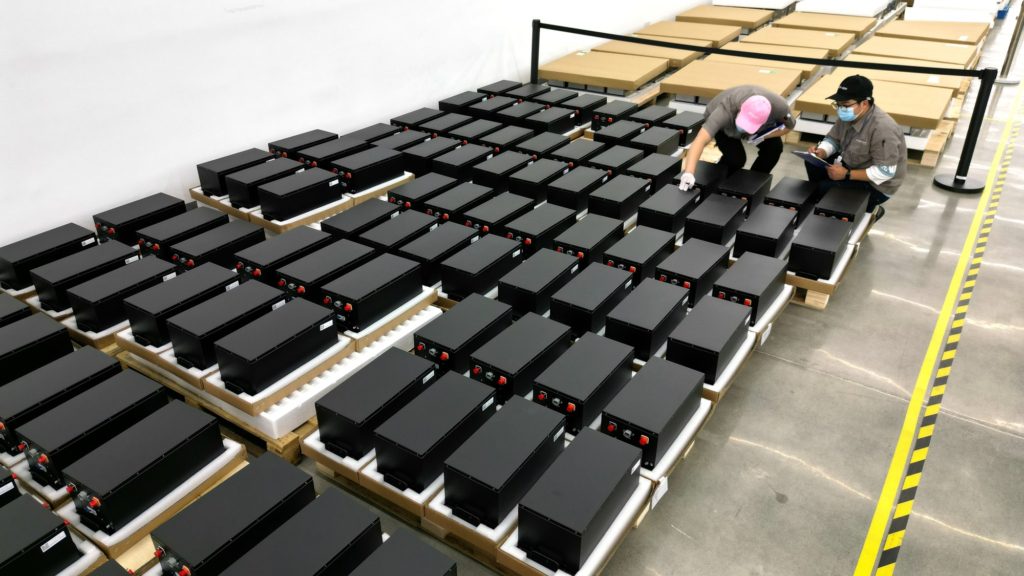
How does the energy transition impact human rights?
The lithium-ion batteries that power our electronic devices and vehicles contain minerals such as lithium, cobalt, and nickel. Currently, the production of these batteries is nowhere near as “clean” or “green” as it should be.
For example, years of poorly regulated industry practices have adversely affected communities across South America and East and Southern Africa.
In the Democratic Republic of Congo, communities are forcibly evicted from their homes and farmland to make way for expanding industrial cobalt and copper mines. Children as young as seven are made to dig for ore in artisanal mines, and low wages and dangerous conditions are the norm.
In the Salar de Atacama, an area that spans across Chile, Argentina and Bolivia, lithium and copper extraction threatens to undermine Indigenous peoples’ rights and poses risks to Indigenous peoples’ and front line communities’ water resources and fragile ecosystems, which are of critical importance to their livelihoods and cultures, as well as their right to self-determination.
Around the world, the poor design, operation, and waste management of industrial mines has led to persistent pollution and health harms, with little accountability for clean-up or remediation. Meanwhile, a rush to find new sources of battery minerals through deep sea mining on the ocean floor poses severe, irreversible risks to the seafloor ecosystem and the livelihoods of coastal communities.
The climate crisis is accelerating and the energy transition is urgently needed but climate solutions should not come at the cost of human rights.
Companies sourcing transition minerals have a responsibility to respect human rights everywhere they conduct business and to remedy abuses associated with their operations or business relations. Child labour, forced evictions, pollution, and dangerous working conditions must end now.
Case Study: Mining in the DRC
The world’s energy transition has catalysed the expansion of industrial mining for transition minerals such as cobalt and copper.
Entire towns and neighbourhoods in southern DRC are being swallowed up by open-pit copper and cobalt mines. Families are being evicted from their homes and farmland without adequate access to information, prior notice, meaningful consultation, fair compensation or access to effective remedies.
Thousands of people have been affected by the expansion of these lucrative mines, and they face a future of uncertainty, food insecurity, and financial stress. It does not need to be this way.
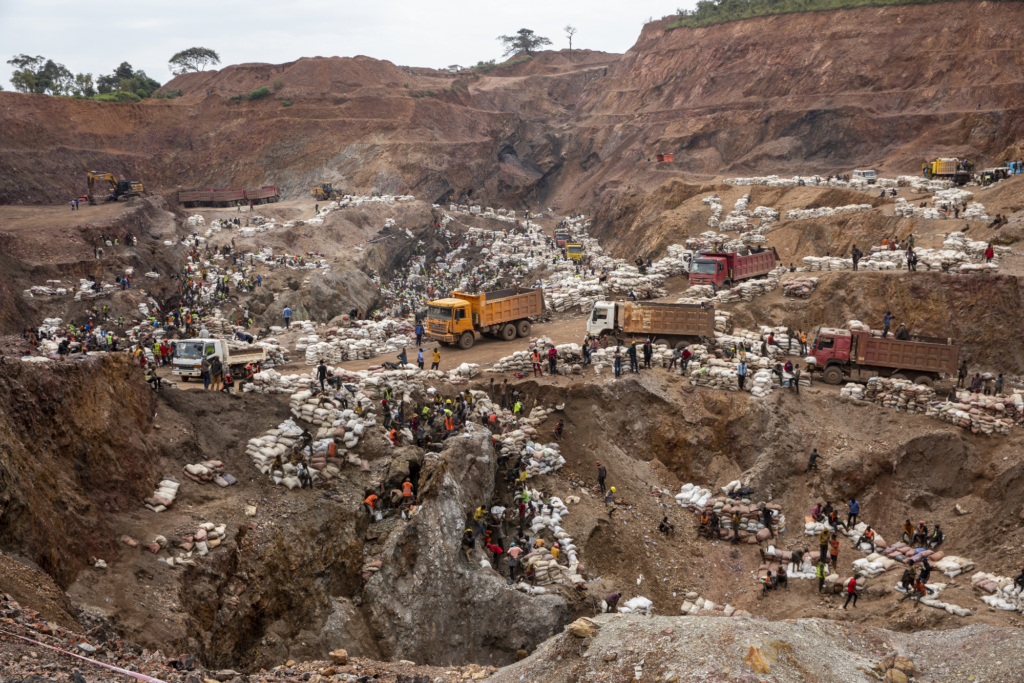
Who is involved?
Governments and businesses in this global value chain often cut corners by undermining human rights standards, safety regulations and environmental protections in the pursuit of profit. Powerful multinational companies repeatedly neglect environmental and financial crimes or are sometimes actively complicit.
Governments have often failed to publicly investigate and remediate corruption, environmental pollution, and labour exploitation by culpable companies, let alone order prosecutions after unearthing criminality. It is extremely rare that businesses offer effective remediation to mining-impacted communities.
Meanwhile, new battery manufacturing factories are set to intensify production enormously over the next ten years. Investors are increasingly withdrawing from fossil fuels and reinvesting in renewable energy, although often without robust due diligence processes in place to ensure their investments don’t contribute to human rights abuses.
With companies and investors having a single-minded focus on rapid expansion rather than resource efficiency, reuse, and recycling, the pressure to extract more minerals is growing, while waste is piling up.
Amnesty International has undertaken an extensive review of the human rights and environmental risks most associated with mining for the energy transition and is engaging with the world’s major automotive, electronic, and battery makers to challenge company policies, practices, and implementation of human rights standards, and warn multinationals of the harms we have uncovered across their supply chains.
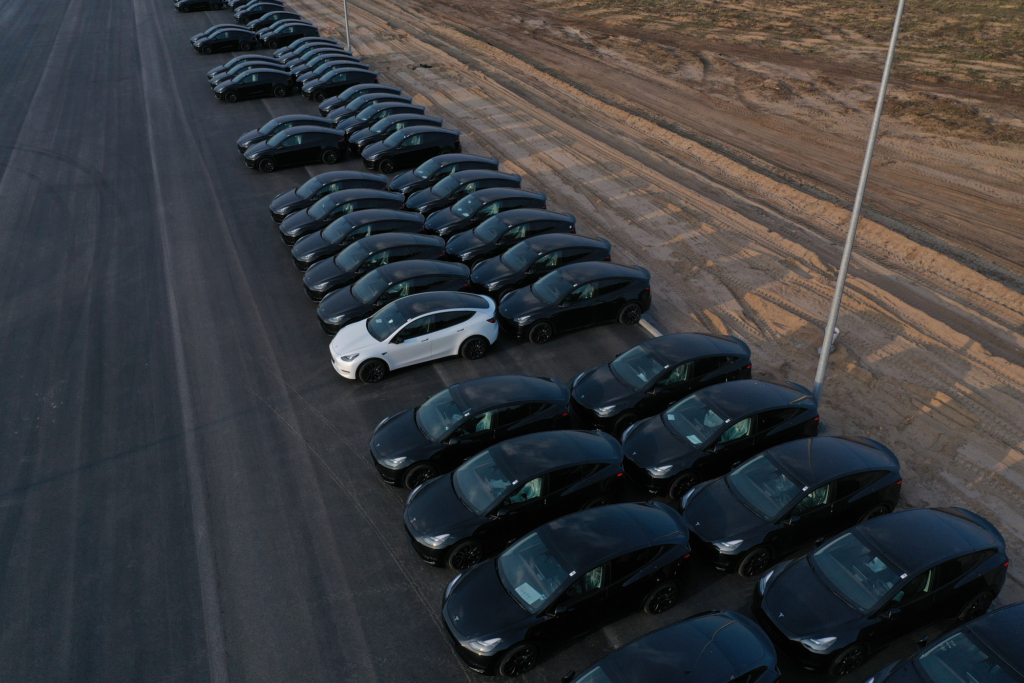
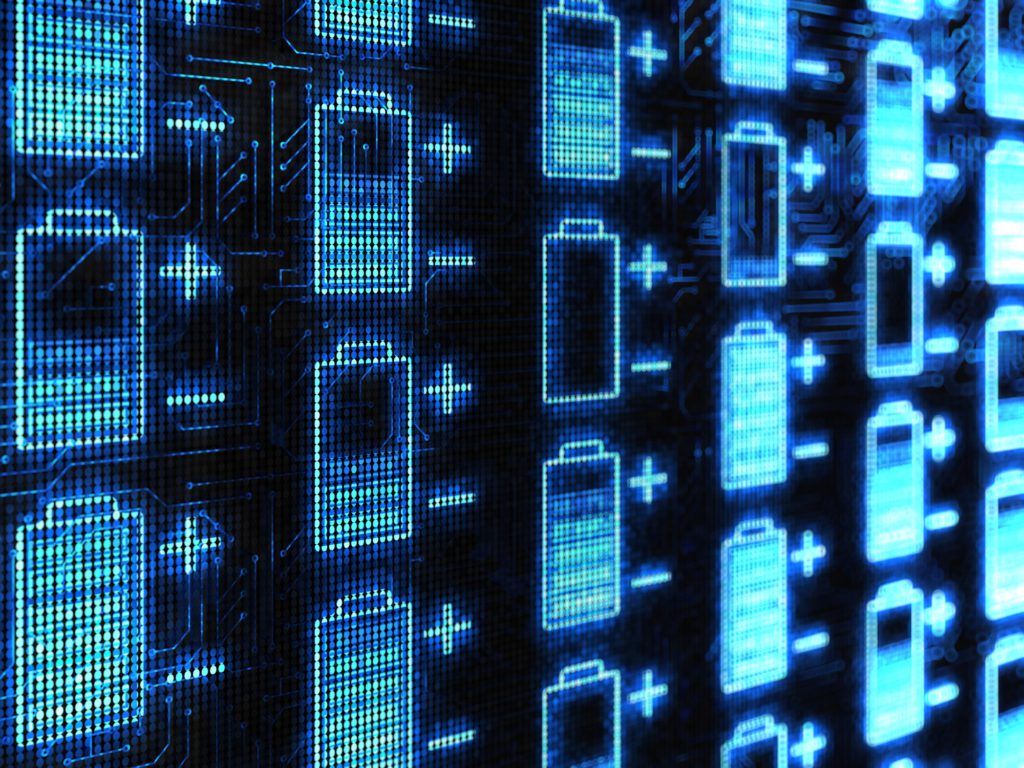
What is the solution?
If the energy transition is facilitated by human exploitation, dispossession, and environmental harm, we will look back on this critical time with regret.
It does not need to be like this.
Governments in the battery value chain have an opportunity to shape an energy transition which ends rather than replicates the injustices of a fossil fuel-based economy. The businesses that position themselves as global sustainability leaders must make human rights and the environment central to their business model to avoid deepening existing inequalities and injustices.
By centring respect for human rights, businesses, investors, and governments can prevent human rights abuses and environmental harm in the battery value chain.
What can businesses do?
Companies should take all possible steps to “do no harm”. International standards such as the UN Guiding Principles on Business and Human Rights outline steps they must take to respect human rights and provide remedies for harms their operations cause or contribute towards.
Examples of Amnesty’s recommendations to companies and governments include:
- Businesses must ensure that their operations, as well as those of their subsidiaries and suppliers, adhere to international environmental and human rights standards, including by conducting human rights due diligence, so as to identify, prevent, bring an end to, mitigate and account for adverse human rights and environmental impacts
- Companies must ensure that their operations do not silence the voices of mining-impacted communities, particularly Indigenous and environmental human rights defenders. These voices are vital to carrying out robust due diligence.
- Employers should respect the rights of workers in line with international standards.
- Companies must conduct assessments of the human rights risks linked to their security arrangements. They must never engage in bribery or corruption and take all available measures to combat such practices.
- Battery manufacturers should increase recycled content in batteries and design a new generation of battery that is easy to disassemble for the reuse of its components.
- All car manufacturers should transition away from the internal combustion engine as soon as possible.
- Battery producers must refuse all minerals from the seafloor.
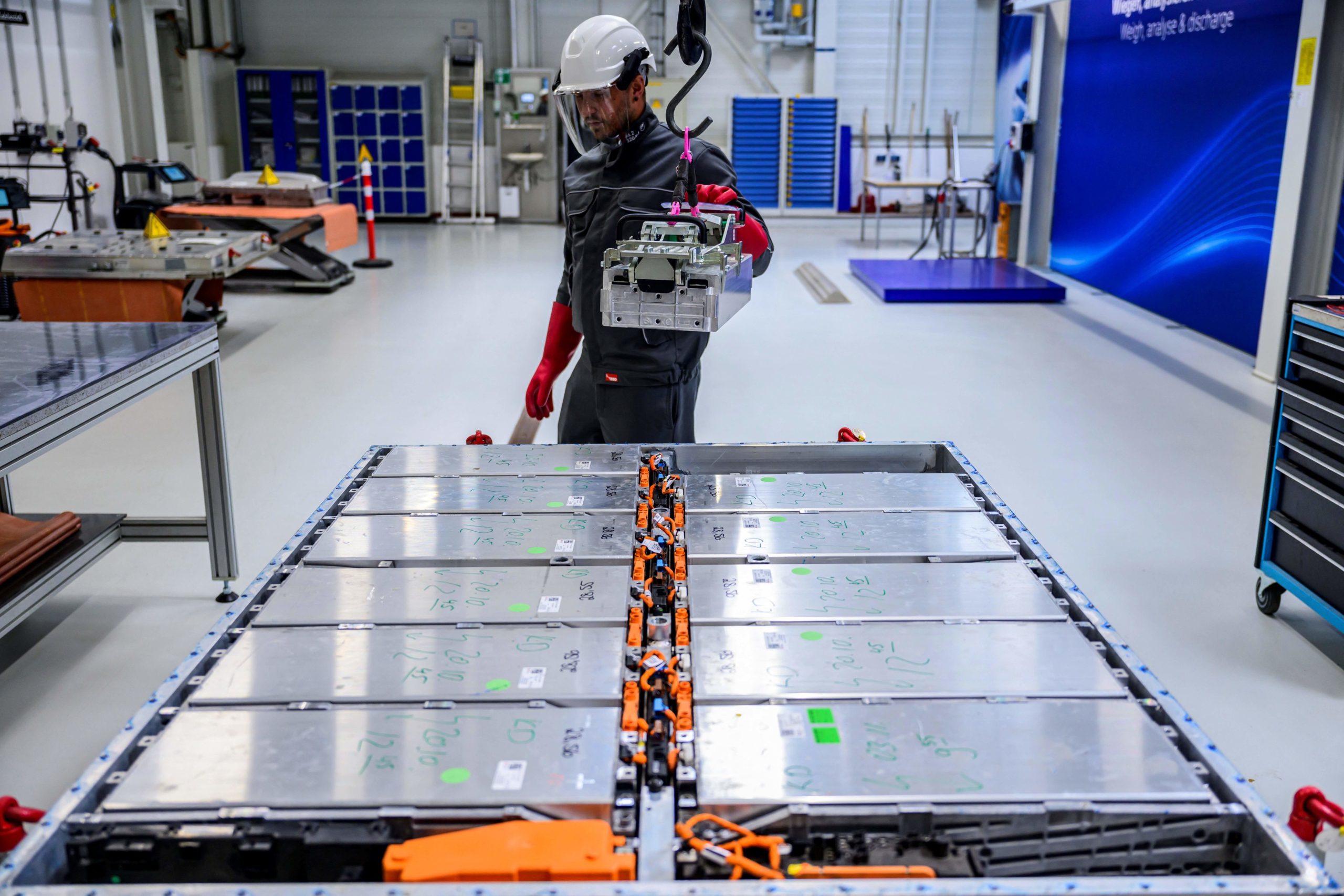
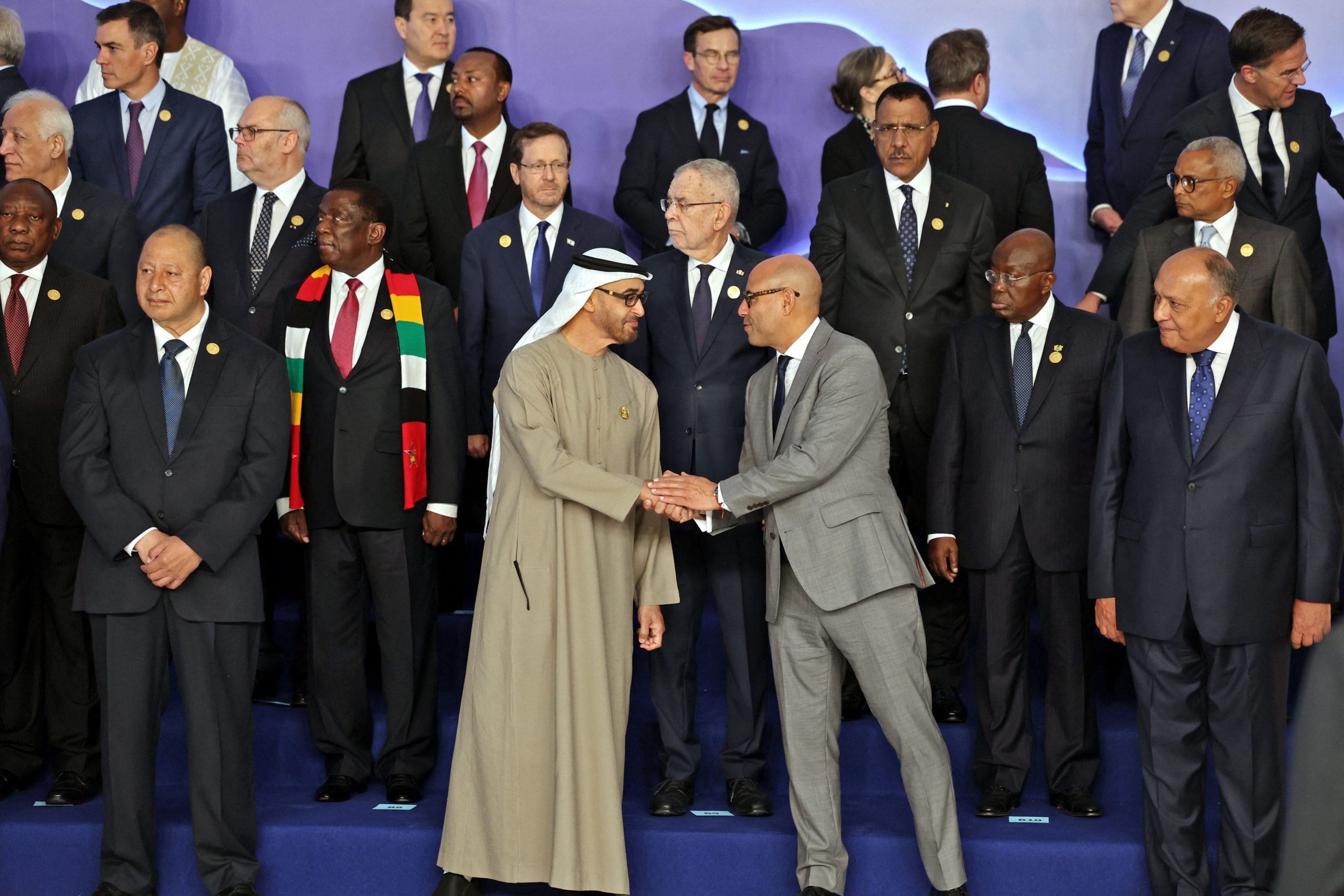
What can governments do?
Global governments must legally require businesses to respect human rights and the environment, including by ensuring companies carry out due diligence checks on their supply chains. Governments must legislate human rights and environmental due diligence and enforce compliance with environmental protection laws and regulations that protect human rights. They must stop subsidizing the fossil fuel industry or providing it with other financial incentives such as tax breaks, loans, or financial write-offs.
Authorities should also:
- Investigate and respond to human rights and environmental abuses.
- Protect Indigenous and environmental defenders, including those who may oppose business activity, so they may carry out their legitimate and important role in a just energy transition.
- Ensure mining-impacted communities gain access to effective remedies.
- Penalize all forms of bribery and corruption by mining companies, smelters, manufacturers and downstream companies benefitting from the energy transition
. - Set deadlines to end the sale of new internal combustion engine vehicles and implement policies to reduce reliance on car travel, including decreasing the number of cars on the road.
- Impose minimum required standards for energy efficiency of products and vehicles to save on electricity and resources.
- Enforce minimum lifetime requirements for batteries in their first intended use – whether for an electric vehicle or other electronic devices.
- Mandate repair, collection and recycling of batteries and invest in research aimed at better design, recycling, and collection initiatives.
States should also ensure a rapid transition to energy grids fed entirely by renewable sources, require battery carbon footprint reporting, and oppose all forms of deep-sea mining.
Make no mistake
Humanity must stop burning dirty fossil fuels and embrace renewable energy. Rechargeable batteries are an integral and exciting aspect of the energy transition. A just global transition to renewable energy will still require mining. A shift to renewable energy will still require land and resources – but at no other time have governments been so empowered by people to regulate companies and protect human rights.
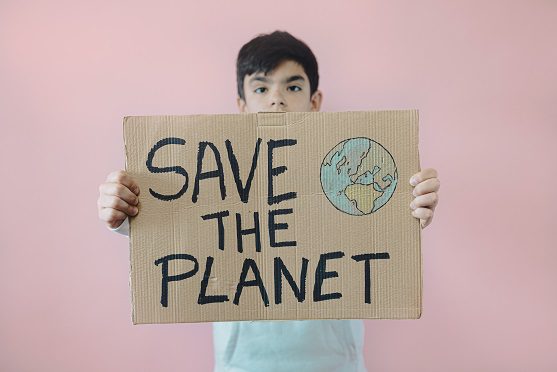
What is Amnesty International doing to help?
Amnesty International launched its principles to prevent human rights and environmental abuses in the production of batters Powering Change: Principles for businesses and governments in the battery value chain. The principles, which outline the steps that governments and companies must take to avoid human rights and environmental abuses in the life-cycle of battery production, have been endorsed by over 70 international organizations and individuals.
These harms can occur anywhere along the supply chain and at any point in a battery’s lifecycle. Care must be taken by governments and companies to ensure that clean energy solutions are not developed at the expense of people and the environment.

